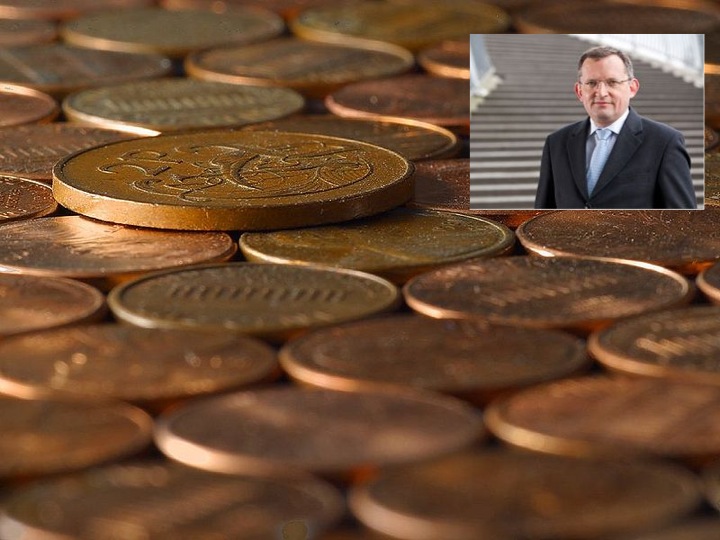Talk of a currency war is in the air. A currency war occurs when two or more countries devalue their own currencies via fiscal or monetary policy to improve or to prevent deterioration in their export competitiveness.
“Increased exports and lower imports lead to higher production,” explains Léon Cornelissen, Robeco’s Chief Economist.
At first sight, then, a currency devaluation in order to boost growth looks attractive. But Cornelissen emphasizes that the policy has many drawbacks. A weaker currency often leads to inflation. This is especially the case when no domestic substitutes for imports are available. Desides, other countries, which also want to drive down their currencies, may implement similar measures. In the end, a competitive devaluation is a zero-sum game. The production gains of one country leads to production losses in another.
Cornelissen sees no end to the currency war. “In the end, most governments and/or central banks still try to bring down their currency and see this as a quick fix for their economic problems”, says Cornelissen.
But that can be a mistake—a big mistake. “Aiming for a lower currency is easier than implementing structural reforms,” he says. “But a currency war will not bring prosperity.”
So how should investors protect themselves against a currency war? Cornelissen suggests investing in emerging markets, with unhedged currency exposure. He cautions that the risks of investing in these markets are higher than in developed markets.
“Participating in a currency war can turn out to be the road to ruin”, Léon Cornelissen
What is the rationale for this? “When a round of competitive devaluations starts, the options of central banks in emerging markets to keep their currencies from rising are limited,” he says. “This is because they cannot easily lower interest rates.”
Lowering interest rates is the most powerful weapon a central bank has at its disposal to weaken its currency. “The problem in emerging markets is that lowering interest rates leads to a credit boom, and the subsequent surge in domestic consumption leads to higher inflation,” he explains.
There is another reason why emerging markets currencies offer investors the best protection: a prolonged currency war leads to demand for alternative reserve currencies outside developed markets.
Although emerging markets offer protection during a currency war, Cornelissen points to one final potential downside when investing in these markets: “A currency war can lead to the imposition of capital controls,” he says. “This can complicate things for investors.”
